Libyans Chill At Ex-barracks For Kadhafi's 'Amazons'
Libyans a decade ago could scarcely have imagined picnicking at a key military facility in Tripoli, but today a once feared site has been transformed into a family relaxation area.
The military academy of Moamer Kadhafi's entourage of female bodyguards, known as "Amazons", was long seen as a symbol of the dictator's extravagant and capricious rule.
In the chaos and conflict that followed Kadhafi's toppling in a 2011 NATO-backed uprising, a succession of armed groups sought to take control of the strategic site, located between the port and city centre.
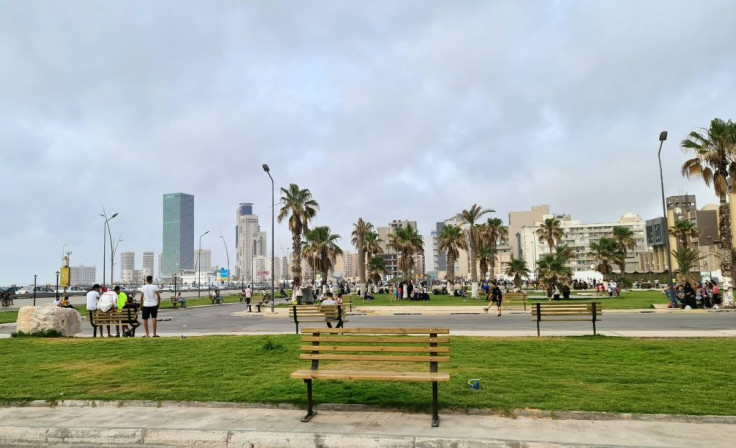
Finally four years ago, the Tripoli authorities decided to turn it into an outdoor public recreation zone.
They demolished the buildings, training areas and high walls surrounding the barracks, leaving only a control tower at what was formerly the academy's main gate.
In their place, they set up five-a-side football fields, running and cycling tracks, picnic tables, a play area for children and grassy sections -- a first step towards demilitarising the heart of the capital.
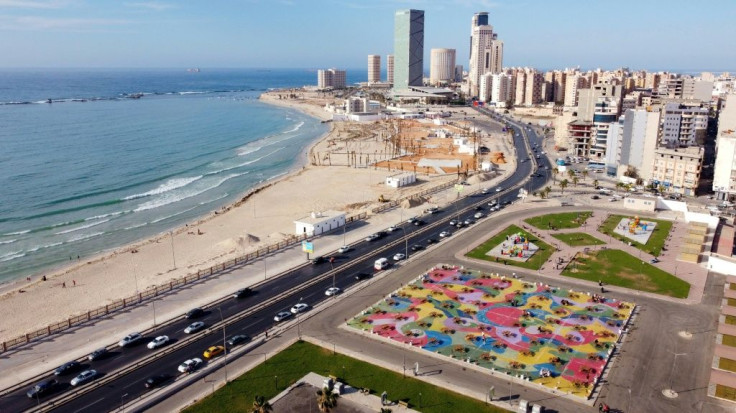
The area, located beside the seaside road, opened to the public a few weeks ago.
Tripoli mayor Ibrahim al-Khlifi called the transformation "a wise decision".
"Our aim was to limit the spread of weapons and shut down all military camps inside cities," he told AFP.
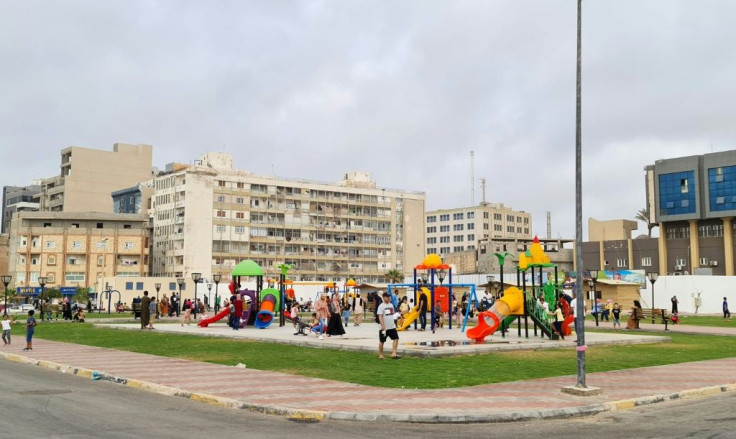
Other former military sites are also being turned into gardens, parks and bathing areas that should be accessible to the public soon, he added.
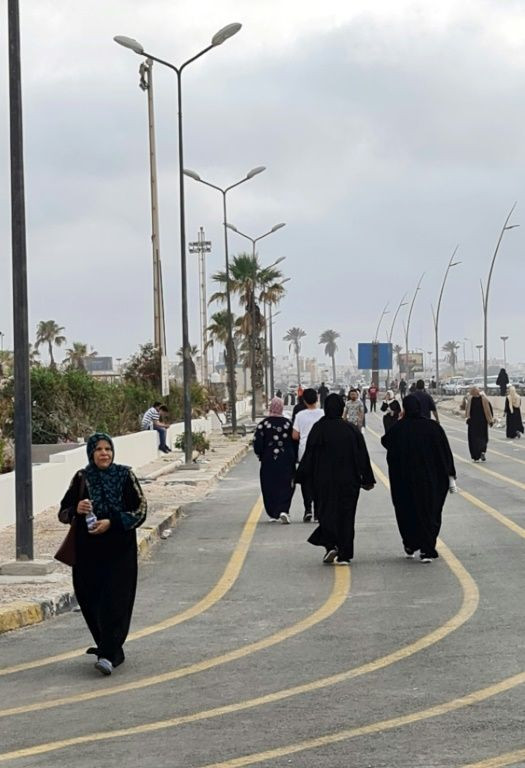
The security situation in Libya has been slowly improving since a truce was signed last year by warring parties and the subsequent installation of a new interim government tasked with preparing the country for December elections.
"Libyans need these kinds of spaces to release the pressure of daily life," Khlifi said.
Tripoli's recreation zone has been a hit since its opening.
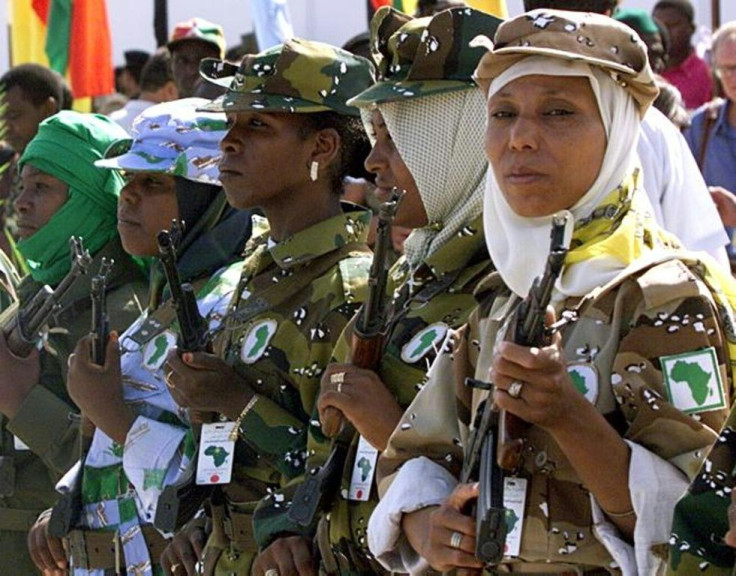
Families picnic at wooden tables and benches while children enjoy the playground or get ice creams from a van.
Tripoli resident Muhannad Kashar said he and his family come every evening.
"I like doing exercise, and here, I can go for a walk with my wife while our children play nearby," the 47-year-old said.
"We can breathe the fresh sea air, and with all these families, it feels like Tripoli is alive again," said his wife in her late thirties, who did not give her name.
Unlike many other places in the city that are littered with trash and debris, the recreation area has so far remained clean and tidy, with plenty of bins available and visitors taking care not to leave garbage behind.
Girls and young women who would usually avoid exercising on the streets for fear of being harassed -- or because the pavements are in such poor condition -- can do so without needing to be chaperoned.
Cyclists like Mahmud al-Tijani too can enjoy the rare pleasure of using a dedicated bike track.
Tijani said he had ridden from the city of Zawiya, around 45 kilometres (30 miles) west of Tripoli, just for the novelty.
"It's also a chance to meet other cyclists from different cities," he said.
Artist Iskandar al-Sokni, who decorated a large paved section of the area, said it took him three months to complete the design.
The idea was to "create joy through colours... and a message of hope for all Libyans", he said of the work, painted over an area of 2,500 square metres (27,000 square feet).
It aims to "convey a message of peace", he said.
© Copyright AFP {{Year}}. All rights reserved.





















